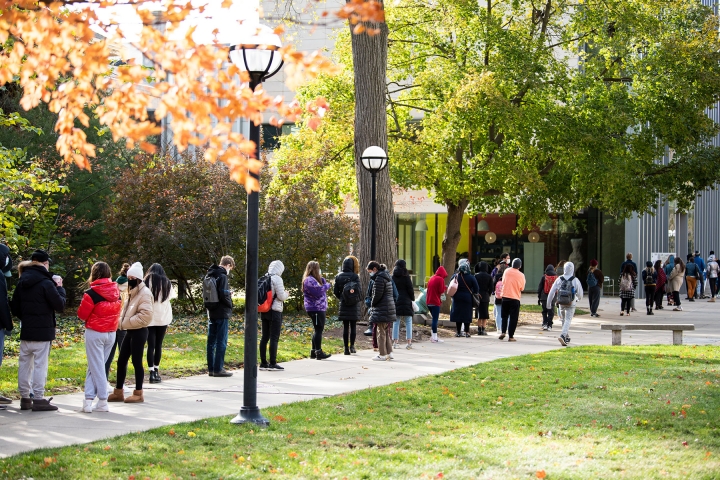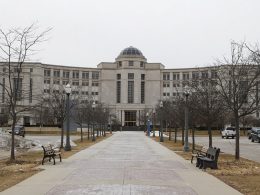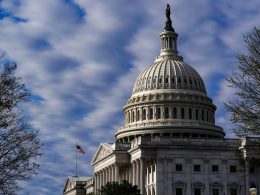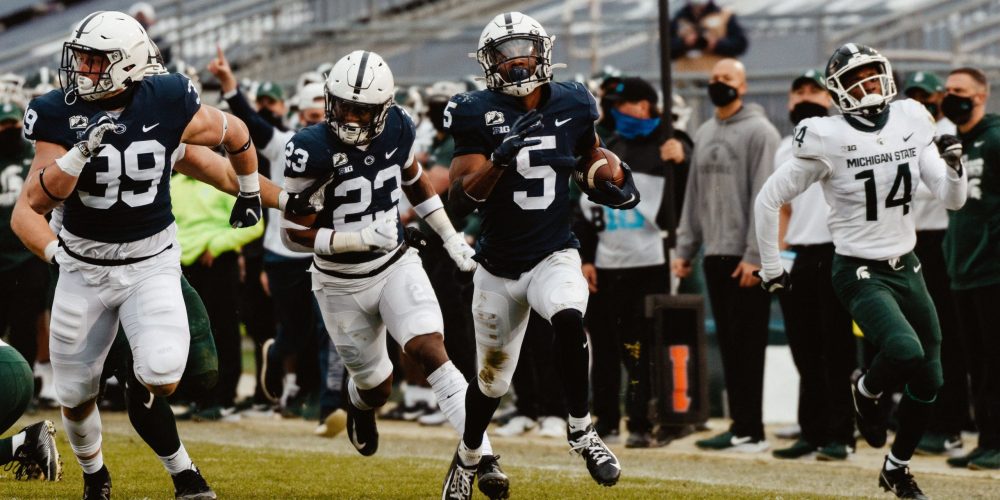Michigan Attorney General Dana Nessel is tired.
For the last month, she and her team have fended off a litany of legal filings by President Donald Trump and his allies that allege fraud, despite providing no evidence of widespread misconduct.
On Friday, the U.S. Supreme Court ruled against a Texas-led effort attempting to overturn election results in Michigan, Pennsylvania, Wisconsin and Georgia. President-elect Joe Biden won each state, receiving more than enough votes to win the presidency.
Although results clearly show Biden won the presidential election, Trump and his team have vowed their fight is not over.
In a phone interview Saturday, Nessel discussed the Supreme Court’s ruling, other legal cases from the Trump campaign and their allies, and the impact of these efforts on democracy. The interviewed was edited for length.
Free Press: In reading the order from the court last night, the court stated that the motion is “denied for lack of standing under Article III of the Constitution.” What does that mean?
Nessel: Essentially, that there was no injury suffered to the state of Texas on account of anything that we did here in the state of Michigan. They had no standing to actually make these complaints in the first place, in a court of original jurisdiction. And original jurisdiction, you know, all the case law indicates it should be used sparingly. The cases are few and far between where you have a state sue another state, and they can begin that case, or it’s filed, in the United States Supreme Court.
Don’t get me wrong, there have been times where I’ve considered suing the state of Ohio over some pollutants in Lake Erie because it effects our residents and our drinking water in Michigan. But, I probably would start — if I ever was ever going to do something like that — I would start in a federal court, most likely a District court, and not in the United States Supreme Court.
But essentially, of the nine (Supreme Court) justices, it looked as though, at least from what I could tell, at least seven of them believed that they didn’t have proper jurisdiction to even accept the case at all. And then I think just Alito and Thomas said, well we would hear the case if it was up to them, but not that they would decide in favor of Texas on the merits.
Free Press: Can you speak to the idea of not ruling on the merits? We’ve already heard from Rudy Giuliani after the decision; he said: “The case wasn’t rejected on the merits, the case was rejected on standing. So the answer to that is to bring the case now to the district court by the president, by some of the electors, alleging some of the same facts where there would be standing.”
What does that mean? Is that accurate?
Nessel: Technically speaking, yes, you could bring that to a lower court. But remember, all of these claims — every single, solitary claim that was made in reference at least to the state of Michigan, and I think this is true for all four states — they already have been brought to lower courts.
So for instance: the claim that it was somehow improper or illegal for (Michigan Secretary of State Jocelyn) Benson to have sent out these applications for absentee ballots — not absentee ballots, the applications for them to people who were already registered voters — that was litigated months ago.












